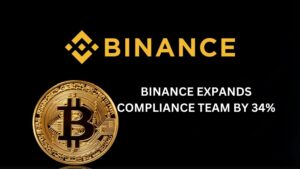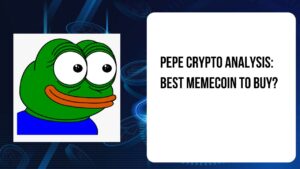Key Takeaways
- The committee’s proposal focuses on high-quality, liquid assets such as U.S. government securities and gold
- The subcommittee emphasized the ability of tokenised assets to facilitate 24/7 asset transfers
In a significant development, the Commodity Futures Trading Commission’s (CFTC) Global Markets Advisory Committee has endorsed the use of tokenized assets as collateral in derivatives markets. This recommendation, presented by the subcommittee on digital assets, highlights the potential of tokenized financial instruments to enhance market efficiency and reduce risks without necessitating amendments to existing regulations.
Tokenized assets, which leverage distributed ledger technology (DLT), offer a modernized approach to collateral management. The subcommittee emphasized their ability to facilitate 24/7 asset transfers, potentially mitigating counterparty risk, decreasing operational costs, and providing liquidity advantages. As per the subcommittee, these benefits align with the goals of traditional financial regulations, making tokenized assets an attractive addition to the derivatives ecosystem.
“All over the world, there have been successful and proven commercial use cases for tokenization of assets. Now, we can finally begin to make progress on U.S. regulatory clarity for digital assets”, CFTC Commissioner Caroline D. Pham said in a statement.
The committee’s proposal focuses on high-quality, liquid assets such as U.S. government securities and gold that meet the CFTC’s existing standards for acceptable collateral. Reportedly, Tokenization would not alter the underlying characteristics of these assets but would instead enhance their transferability and traceability through blockchain technology.
Industry stakeholders have long advocated for integrating blockchain into financial markets, viewing tokenized assets as a bridge between traditional finance and the rapidly evolving digital economy.
However, the implementation of tokenized collateral may face challenges. While no new regulations are deemed necessary, operational complexities, such as infrastructure compatibility and integration with existing systems, could delay widespread adoption.
If adopted, tokenized collateral has the potential to change the derivatives market by improving settlement efficiency and creating new avenues for asset utilization. The latest development also comes amid reports that US President-elect Donald Trump is considering building a new White House post dedicated entirely to crypto policy






